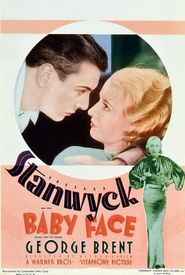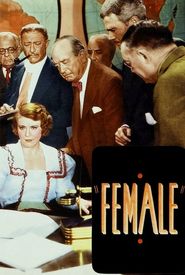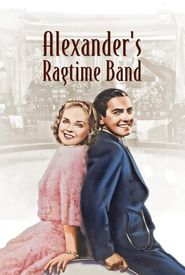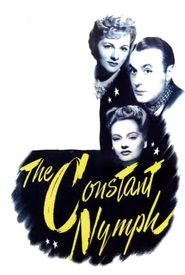Kathryn Scola, a pioneering American screenwriter, left an indelible mark on the film industry during the 1930s and 1940s. Born on November 6, 1891, in Paterson, New Jersey, she was the daughter of Giuseppe "Joseph" Scola, an Italian-American silk dyer, and Mary King, an Irish-American.
Scola's screenwriting career began during the era of Pre-Code Hollywood, a time of creative freedom and experimentation in filmmaking. She quickly established herself as a writer of controversial films, tackling themes that were considered taboo or risqué for the time.
Her most notable works from this period include "Baby Face" (1933),a film about a female social climber who uses her sexuality to advance her social status, "Female" (1933),a story about a businesswoman who attempts to seduce a male employee, and "Midnight Mary" (1933),a tale of an impoverished and abused woman who turns to crime in search of financial security.
However, with the strict enforcement of the Motion Picture Production Code from 1934 onwards, Scola's subsequent scripts were forced to tone down their controversial content. She adapted the crime novel "The Glass Key" (1931) by Dashiell Hammett in 1935 and went on to write scripts for a variety of genres, including romantic comedies and war dramas.
In 1949, Scola worked on the original script for the film noir "Caught" for the independent production company "The Enterprise Studios". Unfortunately, her script was rejected by the censorship board for its "questionable material", and she was fired and replaced by fellow scriptwriter Arthur Laurents. This marked the end of Scola's film career.
Scola's next and final credited work was the teleplay "In Times Like These", co-written in 1956 and produced as part of the anthology television series "The 20th Century Fox Hour" (1955-1957). She then entered a long retirement, passing away on January 4, 1982, at the age of 90 in San Diego, California.











































